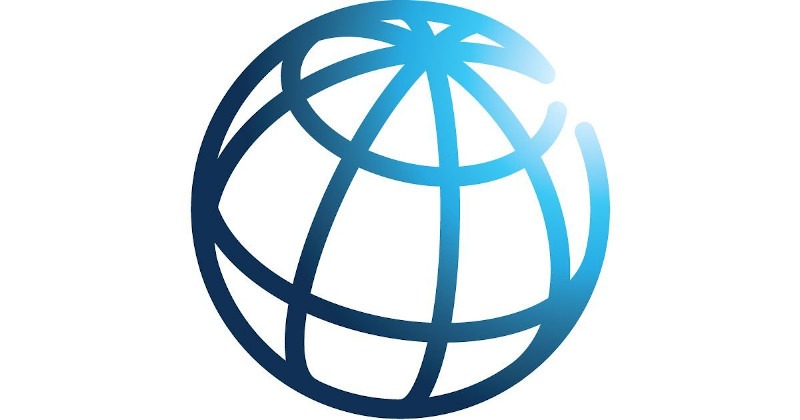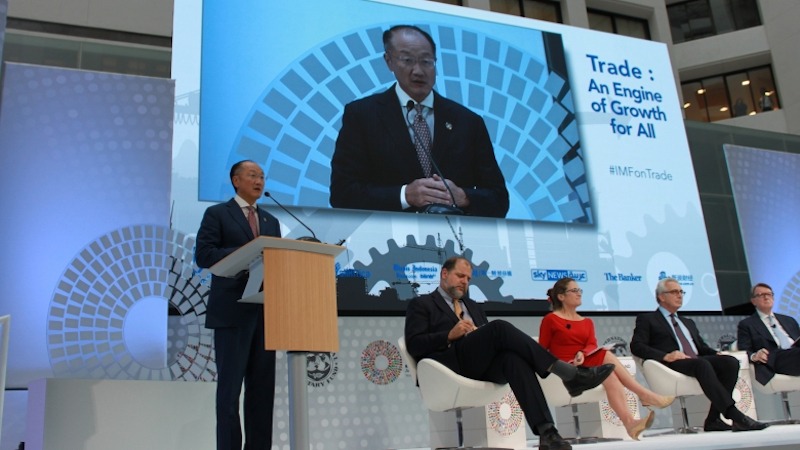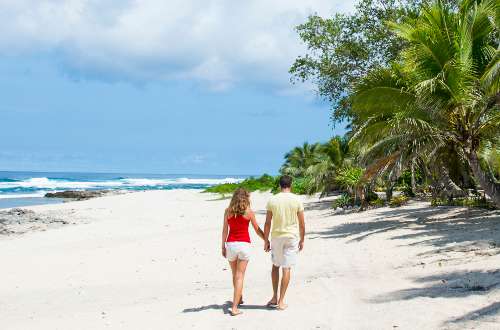
Richard Butler | Exclusive By World Bank Organization | April 27th, 2020
The World Bank has delivered US$10 million (VUV1.2b) in emergency funding to Vanuatu to support the country’s response to the combined impacts of the global COVID-19 (coronavirus) pandemic and Tropical Cyclone Harold.
The emergency funding will support the government’s ongoing work to protect Vanuatu from the global COVID-19 pandemic and boost its capacity to respond to the immediate economic impacts, at a time when government is also facing significant response needs associated with last week’s Category Five Tropical Cyclone Harold.
The US$10 million in funding has been made available through a Development Policy Grant with a Catastrophe-Deferred Drawdown Option, approved in January, that ensures emergency funding from the World Bank can be mobilized in the event of a major national emergency. The same option was activated by Samoa in late March to support that country’s COVID-19 preparations and response efforts.
Category Five Tropical Cyclone Harold hit Vanuatu, as well as Solomon Islands, Fiji and Tonga, earlier this month, bringing destructive hurricane force winds with heavy rainfalls and flash flooding over low lying areas. Roads, hospitals, schools, homes and churches have suffered significant damage across Vanuatu’s northern and central islands of Maewo, Pentecost, Ambae and Santo. In Sanma Province, between 80 and 90 per cent of the population are reported to have lost their homes, with food crops seriously affected and water infrastructure badly damaged.
The Vanuatu government has declared a State of Emergency for 30 days, both to respond to Tropical Cyclone Harold’s impacts in affected areas, and to maintain prevention and containment measures against the global COVID-19 pandemic. At this stage, there remain no confirmed COVID-19 cases in Vanuatu, though the impacts of travel restrictions and containment measures on the economy and economic livelihoods will be severe. Moreover, the impacts of TC Harold amplify the risk of an outbreak to the extent these restrictions need to be lifted to respond to the impacts of the cyclone.

“Cyclone Harold has left many ni-Vanuatu homeless, and has made the fight against keeping our country COVID-19 free even harder,” said Vanuatu’s newly-appointed Minister for Finance and Economic Management, the Hon. Johnny Koanapo. “The Government is now settling in and Ministers have been directed by the Prime Minister to be on the ground immediately to assure people of the Government support. I thank the World Bank for making this facility available and urge for flexibility in discussions and disbursements.
“This emergency support will be an important part of helping us fight COVID19 and respond to the urgent impacts created by TC Harold and the Tanna Volcanic Ash fall.”
“Vanuatu is considered one of the – if not “the” – most disaster-at risk nations on earth; and sadly, Tropical Cyclone Harold’s fury has been a shocking reminder of this fact,” said Michel Kerf, World Bank Country Director for Papua New Guinea & the Pacific Islands. “This urgent funding for Vanuatu means the country can mount a quick response to Cyclone Harold, ensuring that its impacts do not undermine ongoing work to defend Vanuatu against COVID-19.”
The World Bank is responding to emergency needs arising from the coronavirus pandemic across the Pacific and operations for COVID-19 have already been approved in Papua New Guinea, the Republic of the Marshall Islands and Samoa. Others are under preparation in Fiji and Solomon Islands and further COVID-19 response projects across the region are on track to be confirmed soon.
The World Bank Group, one of the largest sources of funding and knowledge for developing countries, is taking broad, fast action to help developing countries strengthen their pandemic response. We are increasing disease surveillance, improving public health interventions, and helping the private sector continue to operate and sustain jobs. Over the next 15 months, we will be deploying up to $160 billion in financial support to help countries protect the poor and vulnerable, support businesses, and bolster economic recovery, including $50 billion of new IDA resources in grants or highly concessional terms.
The US$10 million Catastrophe-Deferred Drawdown Option grant is funded through the International Development Association (IDA), the World Bank’s fund for the most in-need countries.





